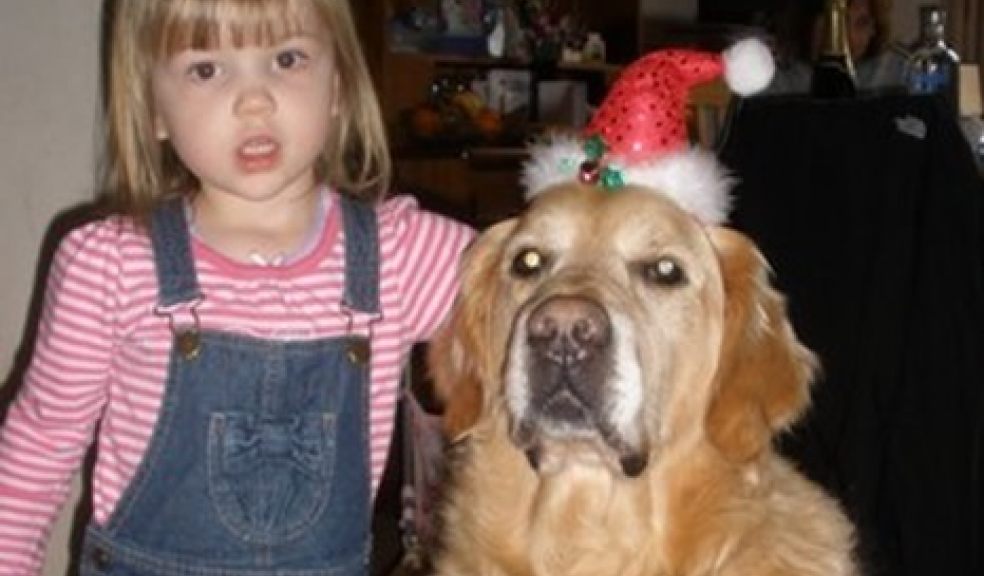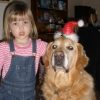
RSPCA issue christmas warnings to pet owners
The RSPCA are urging the public to consider the dangers that can affect their pets come Christmas time.
One of these dangers, which may surprise the public, is giving your pet scraps from your Christmas dinner.
Owners believe by sharing their Christmas dinner they are giving their beloved animal a ‘treat’, when in fact the ingredients can cause them severe health problems.
Angela Grigg, manager at Putney Animal Hospital in London said: “We had 15 cases on Boxing day as a result of people giving their dogs their own Christmas dinner with turkey and stuffing.”
“Turkey is very rich and stuffing contains onions which is not good for dogs. It caused them to have vomiting and diarrhoea and they became dehydrated. One or two of them were so severe they had to go on drips.”
The RSPCA advise owners, who want to give their pets an edible treat, to purchase treats that state they can consumed by animals.
Festive foods which can be dangerous for pets include:
- Splinters of poultry bones are dangerous to dogs and cats, as they can become stuck in their throats or even pierce their intestinal tract.
- Grapes, raisins and sultanas contain a toxin which can cause kidney failure
- Chocolate, the darker the more dangerous as it contains theobromine which can cause seizures, coma and heart failure.
- Stuffing contains onions and garlic which can destroy red blood cells causing life-threatening anaemi
- Seeds and stones from apples, apricots, cherries, peaches and plums contain a cyanide compound which can be poisonous
- Broccoli, cauliflower, cabbage and peppers – contains toxins which could be deadly for horses
- Nutmeg, high levels can result in seizures, tremors, central nervous system problems and even death. Gravy containing high levels of salt can cause kidney problems if give in excess.
- Alcohol can cause deadly poisoning. Cats can be particularly attracted to cocktails containing cream such as White Russians and eggnog
- Macadamia nuts, can cause lethargy, increased body temperature, tremor, lameness and stiffness in dogs.
- Mouldy leftovers, including yoghurt, bread and cheese can contain toxins produced by the mould that cause rapid onset convulsions in dogs.
The animal charity would also like to remind owners that pets can find the festive period just as stressful as them.
Seb Prior, clinical director at Harmsworth Hospital in London, said: “Boxing day is typically very busy after the excess of Christmas. Last year we had 10 new emergencies; two cats had blocked bladders, a condition which is exacerbated by stress. Often owners don’t realise the impact that lots of visitors or unusual people on our feline friends but it can be very stressful for them to have changes in their environment and this can have an impact on their health. So making sure they have places to hide or get away from things is important."
Owners are also asked to be aware of the accidents that can occur due to Christmas decorations. For example cats swallowing tinsel whilst playing with the decorations, and dogs becoming injured from knocking down the tree.
For any further advice on how to care for your pet, please visit http://www.rspca.org.uk/home .

















